Graham Reid | | 4 min read
I Contain Multitudes

In a world far removed from this when young and curious, I would often ask teachers about life and belief.
Over time – many decades in fact – I drew down that many Western faiths were based on Know Thyself and those from certain Eastern philosophies No Thyself.
The latter appealed to me more.
One wise teacher said perhaps it all just came down to one question: Knowing what we know about the unknowable, how should we live?
The right way of living seemed a key, but in the past half century how to die seems to have become a preoccupation in the West.
Some seem to believe we can deny the aging process through diet, exercise and Botox, but the inevitable is . . . well, it's going to happen.
So how do we prepare for what George Harrison wrote about in The Art of Dying?
Many now want to manage their death in the same way they have managed their lives, through choice and closure.
We see this in the world of music where David Bowie curated his final album blackstar, Leonard Cohen left a posthumous album Thanks for the Dance which included meditations on life and death and now, Bob Dylan – at 78, 79 next month – seems to be becoming reflective and looking back on his life.
Unexpectedly he recently released the 17 minute single Murder Most Foul (his first number one in the US) and at its core was the assassination of John F Kennedy in 1963.
Dylan wove in and around that event which was a pivotal moment in the life of his generation alongside his arrival and Beatles, the latter getting a somewhat cynical mention in Murder Most Foul. But the song also included a litany of artists and songs and more from Dylan's long life and memories.
Now, just as unexpectedly as Murder Most Foul three weeks ago, he has released another speak-sing song-poem I Contain Multitudes.
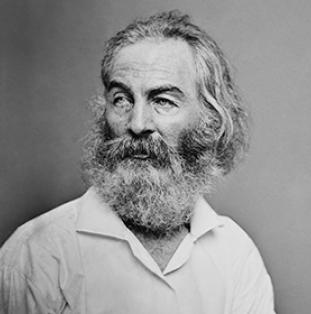 The title comes from Walt Whitman's poem Song of Myself which opens, “the past and present wilt – I have fill'd them emptied them. And proceed to fill my next fold of the future”.
The title comes from Walt Whitman's poem Song of Myself which opens, “the past and present wilt – I have fill'd them emptied them. And proceed to fill my next fold of the future”.
Lines like that would appeal to the old poet, but also given the complexities of Dylan's life – indeed anyone's, but his more manifest than most – these too: “Do I contradict myself? Very well then I contradict myself. (I am large, I contain multitudes.)”
And in his lyrics for this Dylan poem – which has a melody like a Thirties country ballad – he peppers in references to the skeletons of his past, his paintings, and says “I rollick and I frolic with all the young dudes" (Bowie/Mott the Hoople). He mentions Anne Frank, “them British bad boys, The Rolling Stones”, the Songs of Experience by William Blake, says “I have no apologies to make, everything's flowing all at the same time” and acknowledges “I'm a man of contradictions, I'm a man of many moods, I contain multitudes”.
And “I'll keep the path open, the path in my mind . . .”
I Contain Multitudes opens with the idea of death and it sounds like a man looking at his past lives and offering that title/explanation for those who didn't get him already.
But for me the key lines are just before that in Whitman's poem: “Do I contradict myself? Very well then I contradict myself.”
These lines seem to resonate as a coda for Dylan's remarkable and often contradictory career.
If indeed Dylan is now looking back, then didn't he always?
By the time he recorded his first album in '62 he had a head full of old British and Irish folk songs alongside American blues, country and folk songs. And Biblical imagery.
He could and would draw on these in the following four years on a series of extraordinary albums which redefined folk and rock culture.
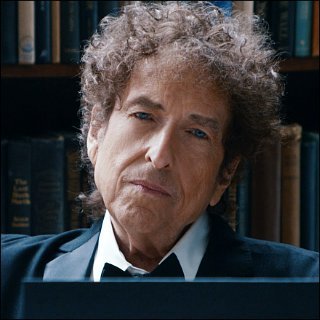 When he took himself away after his motorcycle accident in '66 he and musician friends (who became The Band) explored those weird old American songs and wrote in that style, during his so-called Jesus Years he plundered the Bible and hymns for lyrics and metaphors, later when the well seemed dry he recorded albums of folk and blues songs . . .
When he took himself away after his motorcycle accident in '66 he and musician friends (who became The Band) explored those weird old American songs and wrote in that style, during his so-called Jesus Years he plundered the Bible and hymns for lyrics and metaphors, later when the well seemed dry he recorded albums of folk and blues songs . . .
His most recent recordings have been three albums (one a triple) of songs from the Forties, songs from the days before rock'n'roll.
And on even his Tempest album of 2012 – his last full album of originals – the final song was Roll On John about the death of John Lennon (“Shine your light, movin' on”) which referred to Lennon songs and William Blake's “Tyger, tyger burning bright.” poem from Songs of Experience.
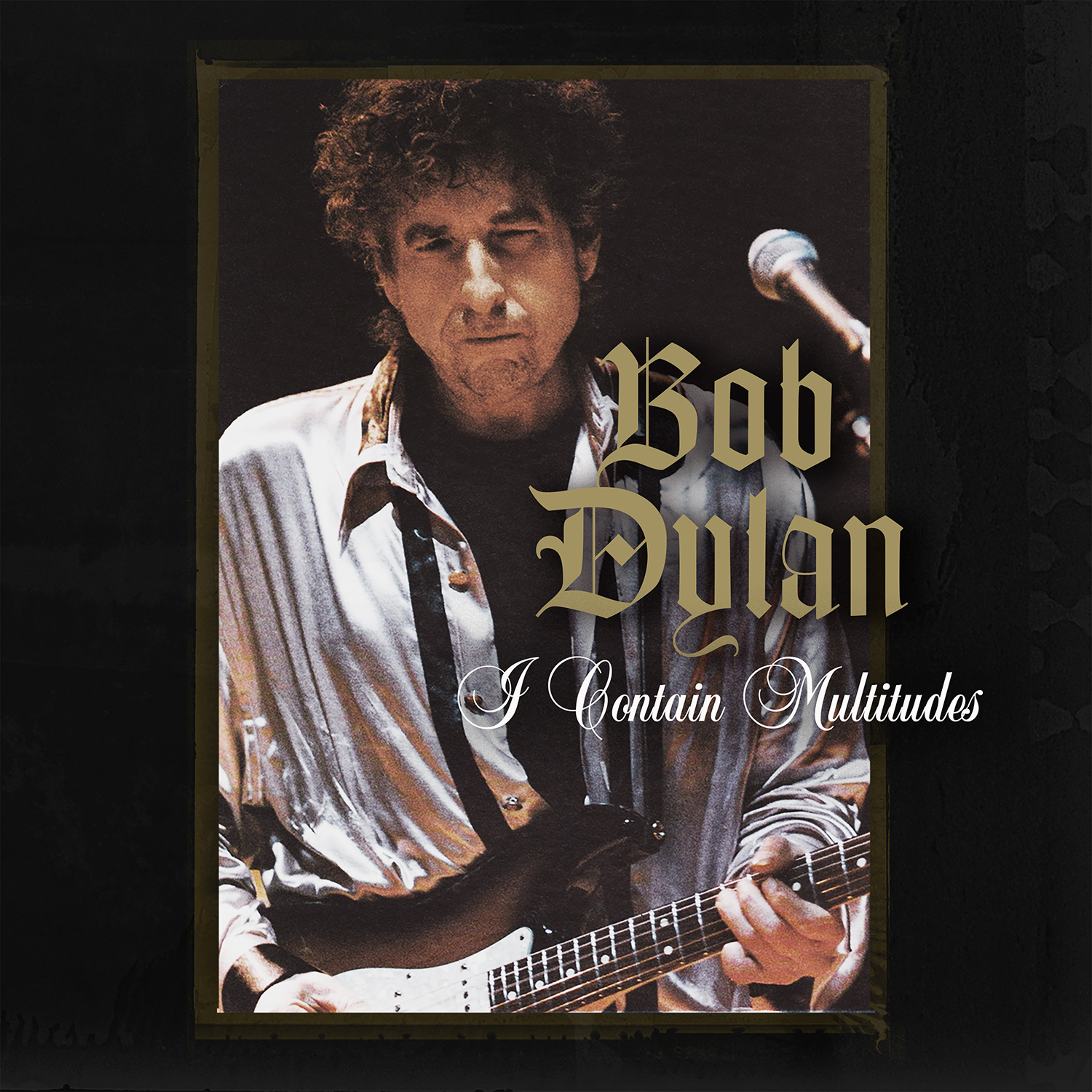 There was also the dark Waitsean Pay in Blood which opened “Well I'm grinding my life out, steady and sure. Nothing more wretched than what I must endure. I'm drenched in the light that shines from the sun . . .”
There was also the dark Waitsean Pay in Blood which opened “Well I'm grinding my life out, steady and sure. Nothing more wretched than what I must endure. I'm drenched in the light that shines from the sun . . .”
So despite that title of the DA Pennebaker doco Dont Look Back in the Sixties, Dylan always has.
Right now however he has so much more to look back on in his long and singular life.
And while we might analyse these most recent songs from that perspective you might also be unwise to think these could be the last we might hear from him.
Because . . . he's a contradictory character.
And maybe it's not just but how we should live, but how we accept the unknowable, perhaps.
.


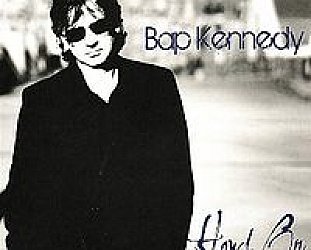
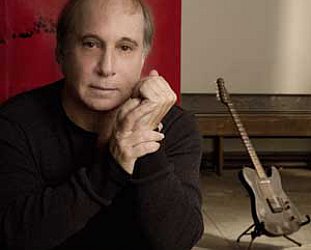

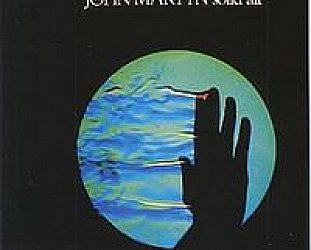

post a comment